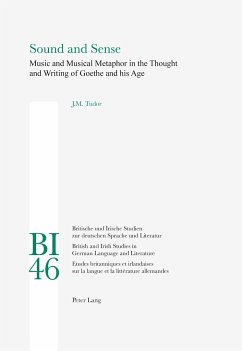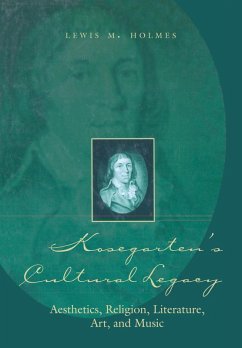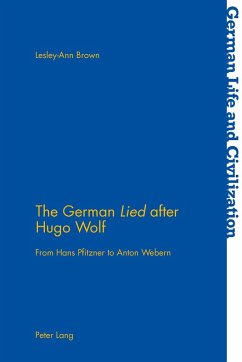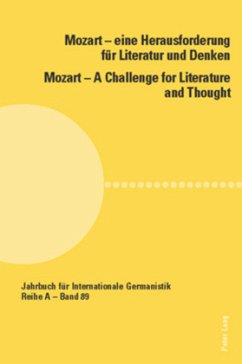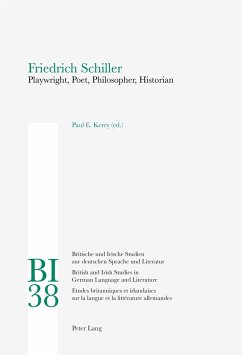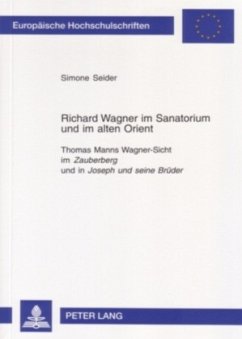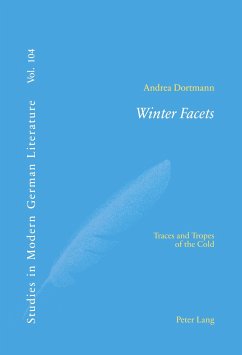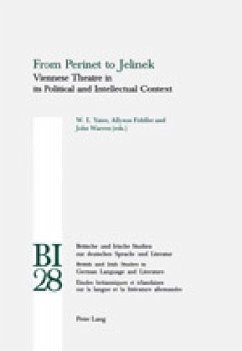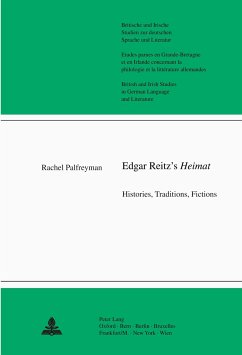
Defining Modernism
Baudelaire and Nietzsche on Romanticism, Modernity, Decadence, and Wagner
Versandkostenfrei!
Versandfertig in 6-10 Tagen
36,95 €
inkl. MwSt.

PAYBACK Punkte
0 °P sammeln!
Defining Modernism investigates the intellectual connections among three leading nineteenth-century European modernists - Baudelaire, Nietzsche, and Richard Wagner. Through a close reading of Baudelaire's and Nietzsche's essays on art and culture, Wagner's role in the two writers' attempts to define the radically new concept of "modernism" is elucidated. Gogröf-Voorhees explores the affinity between the two writers, which emerges from a juxtaposition of their formulations of the idea of a fractured, contradictory modernity that at once embraces, scatters, and reevaluates an entire constellati...
Defining Modernism investigates the intellectual connections among three leading nineteenth-century European modernists - Baudelaire, Nietzsche, and Richard Wagner. Through a close reading of Baudelaire's and Nietzsche's essays on art and culture, Wagner's role in the two writers' attempts to define the radically new concept of "modernism" is elucidated. Gogröf-Voorhees explores the affinity between the two writers, which emerges from a juxtaposition of their formulations of the idea of a fractured, contradictory modernity that at once embraces, scatters, and reevaluates an entire constellation of ideas, including romanticism, pessimism, decadence, and nihilism.





